novel workshop
Welcome to “The Novel: From Start to Finish” at The Eckleburg Workshops. In this novel workshop, we will explore drafting your novel and revising voice, detail, characters, place and texture. We will also explore resources for submitting your novel project to an agent. You will have the option to sign up for individualized feedback from a member of the Eckleburg faculty, a published author.
It is important that you understand we are a character-based novel workshop. We are interested in character development and place over plot gratuity, though, we will spend ample time studying and fine-tuning structure.
- Character Study: Protagonist, Antagonist and Supporting Characters
- Scene Study: Mapping and Coding the Narrative
- Place Study: Mapping and Coding the Setting
- Compression Study: Rewrite Your Novel as a Flash Fiction
- Expansion Study: Refill the Novel (Now That You Know Its Essence)
Contributing Faculty
 Rae Bryant’s short story collection, The Indefinite State of Imaginary Morals, released from Patasola Press, NY, in June 2011. Her stories and essays have appeared or will soon be appearing in print and online at The Paris Review, The Missouri Review, Diagram, StoryQuarterly, McSweeney’s, New World Writing, Gargoyle Magazine, and Redivider, among other publications and have been nominated for the Pen/Hemingway, Pen Emerging Writers, &NOW Award and Pushcart Prize. She has won awards in fiction from Whidbey Writers and The Johns Hopkins University as well as fellowships from the VCCA and Hopkins to write, study and teach in Florence, Italy. She earned a Masters in Writing from Hopkins where she continues to teach creative writing and is editor in chief of The Doctor T. J. Eckleburg Review. She has also taught in the International Writing Program at The University of Iowa. Rae is the director of The Eckleburg Workshops. She has a Bachelors in Humanities from Penn State with a concentration in Eduction and English Literature and minors in Art, History and Philosophy. In addition to her Masters in Writing from Johns Hopkins, she completed graduate coursework in Curriculum and Administration at Penn State. She has been teaching and lecturing for over twenty years in campus classrooms and at writing conferences. Rae is a member of VIDA: Women in Literary Arts, AWP, NBCC, CLMP and Johns Hopkins Alumni Association and is represented by Jennifer Carlson of Dunow, Carlson and Lerner.
Rae Bryant’s short story collection, The Indefinite State of Imaginary Morals, released from Patasola Press, NY, in June 2011. Her stories and essays have appeared or will soon be appearing in print and online at The Paris Review, The Missouri Review, Diagram, StoryQuarterly, McSweeney’s, New World Writing, Gargoyle Magazine, and Redivider, among other publications and have been nominated for the Pen/Hemingway, Pen Emerging Writers, &NOW Award and Pushcart Prize. She has won awards in fiction from Whidbey Writers and The Johns Hopkins University as well as fellowships from the VCCA and Hopkins to write, study and teach in Florence, Italy. She earned a Masters in Writing from Hopkins where she continues to teach creative writing and is editor in chief of The Doctor T. J. Eckleburg Review. She has also taught in the International Writing Program at The University of Iowa. Rae is the director of The Eckleburg Workshops. She has a Bachelors in Humanities from Penn State with a concentration in Eduction and English Literature and minors in Art, History and Philosophy. In addition to her Masters in Writing from Johns Hopkins, she completed graduate coursework in Curriculum and Administration at Penn State. She has been teaching and lecturing for over twenty years in campus classrooms and at writing conferences. Rae is a member of VIDA: Women in Literary Arts, AWP, NBCC, CLMP and Johns Hopkins Alumni Association and is represented by Jennifer Carlson of Dunow, Carlson and Lerner.
Submit your manuscript to Rae for individualized editorial feedback.
Why Online Writing Workshops?
Online writing workshops present the best of both worlds for creative writers: creative isolation and craft interaction. The New Yorker article by Louis Menand, “Show or Tell: Should Creative Writing be Taught?” proposes the perennial question of whether or not writers can be taught or must be born. Our stance at The Eckleburg Workshops is that writers can be shown many craft writing skills and be encouraged to explore voice through the practice of these skills as well as the observation of these skills in both master and developing narratives. It is our stance that creative writing can be sculpted and nurtured and is best taught by published authors and experienced writing teachers. This is what we give you in each and every writing course and in our One on One individualized manuscript sessions. Submit your manuscript for individualized editorial feedback


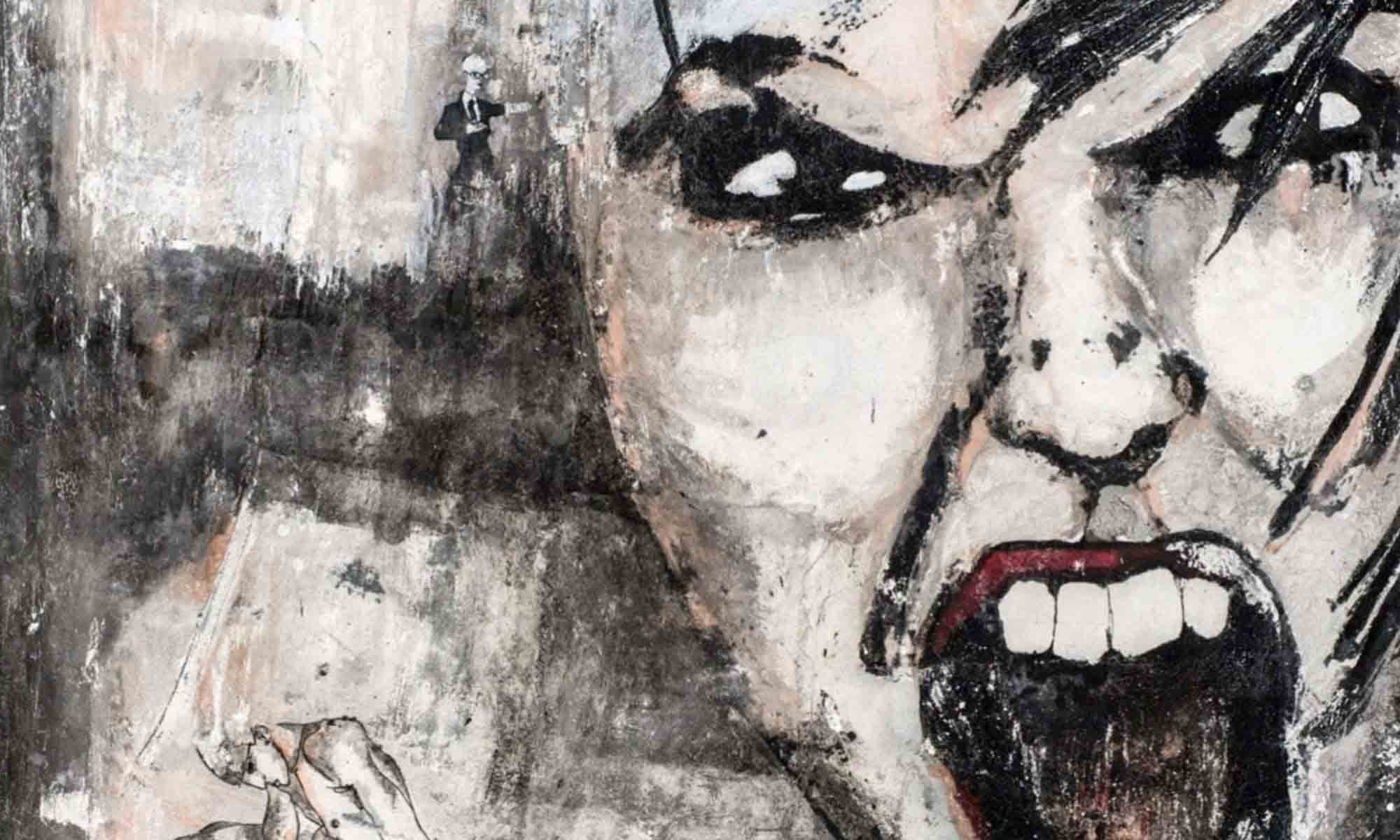
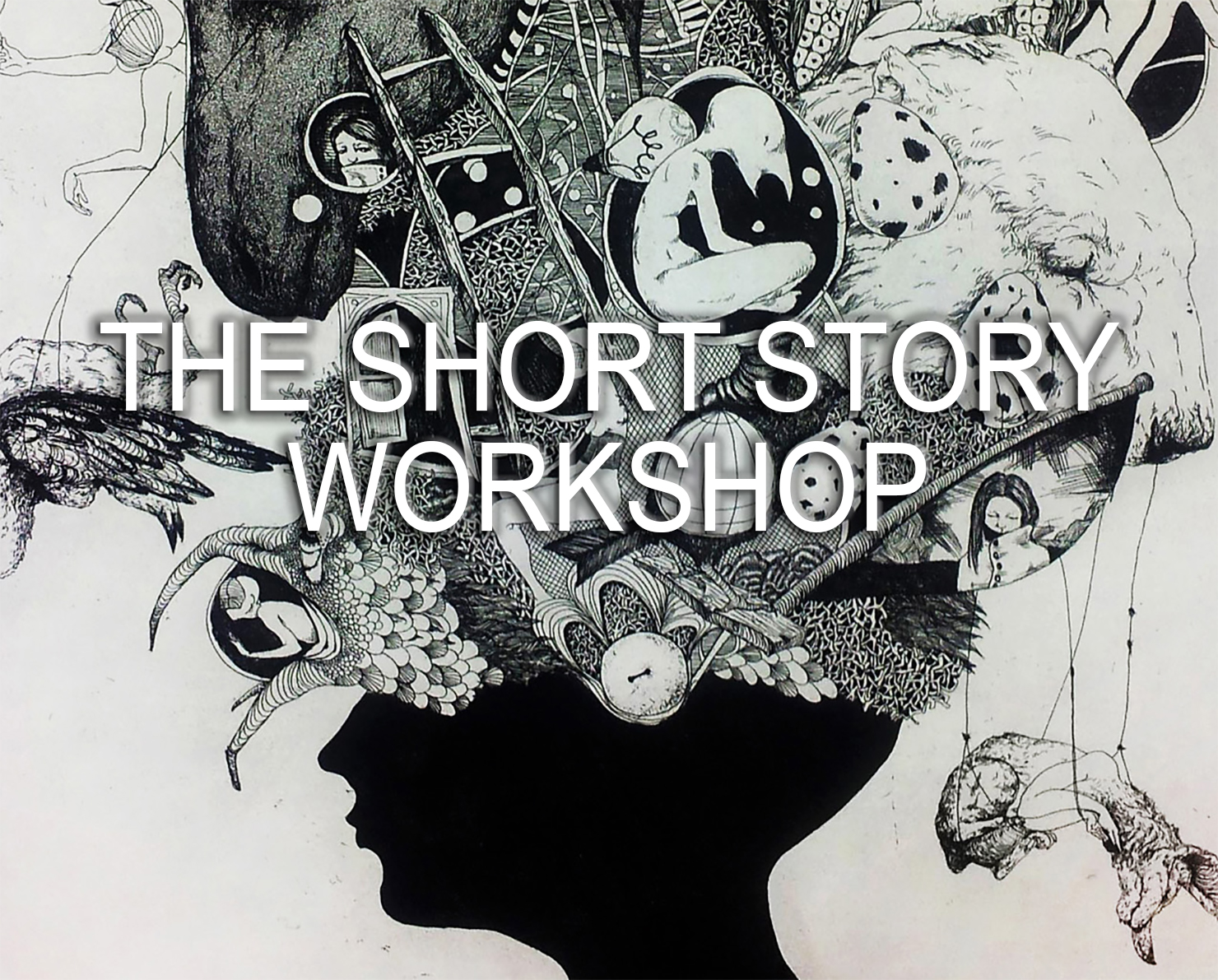
 . William Harmon.
. William Harmon. William Strunk.
William Strunk. 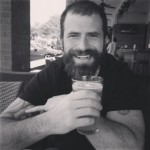
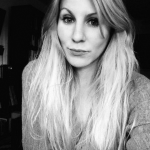 Kristen Clanton was born and raised in Tampa, Florida, where she currently works as a professor of English and writing and welder’s apprentice. She graduated from the University of Nebraska with an MFA in poetry. Her poetry and short stories have been published in the Bicycle Review, Burlesque Press, MadHat Drive-By Book Reviews, MadHat Lit, Midnight Circus, Ragazine.cc, and Sugar House Review. She also has a story in the upcoming issue of The Outrider Review.
Kristen Clanton was born and raised in Tampa, Florida, where she currently works as a professor of English and writing and welder’s apprentice. She graduated from the University of Nebraska with an MFA in poetry. Her poetry and short stories have been published in the Bicycle Review, Burlesque Press, MadHat Drive-By Book Reviews, MadHat Lit, Midnight Circus, Ragazine.cc, and Sugar House Review. She also has a story in the upcoming issue of The Outrider Review.
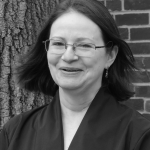 Barbara Westwood Diehl is the founding and managing editor of The Baltimore Review. She has an M.A. in Writing from Johns Hopkins University (fiction and poetry) and works for the Johns Hopkins School of Public Health. Her short stories and poems have been published or accepted for publication in a variety of publications, including Atticus Review MacGuffin, Confrontation, Rosebud, JMWW, Potomac Review, American Poetry Journal, Measure, Little Patuxent Review, SmokeLong Quarterly, Gargoyle, Superstition Review, Word Riot, and Ellery Queen Mystery Magazine.
Barbara Westwood Diehl is the founding and managing editor of The Baltimore Review. She has an M.A. in Writing from Johns Hopkins University (fiction and poetry) and works for the Johns Hopkins School of Public Health. Her short stories and poems have been published or accepted for publication in a variety of publications, including Atticus Review MacGuffin, Confrontation, Rosebud, JMWW, Potomac Review, American Poetry Journal, Measure, Little Patuxent Review, SmokeLong Quarterly, Gargoyle, Superstition Review, Word Riot, and Ellery Queen Mystery Magazine.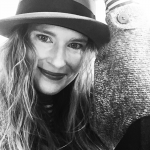 Rae Bryant is the author of the short story collection, The Indefinite State of Imaginary Morals. Her fiction, prose-poetry and essays have appeared in print and online at The Paris Review, The Missouri Review, Diagram, StoryQuarterly, McSweeney’s, New World Writing, Gargoyle Magazine, and Redivider, among other publications and have been nominated for the Pen/Hemingway, Pen Emerging Writers, &NOW Award and Pushcart Prize. She has won awards in fiction from Whidbey Writers and The Johns Hopkins University. She earned a Masters in Writing from Hopkins where she continues to teach creative writing and is editor in chief of The Doctor T. J. Eckleburg Review. She has also taught in the International Writing Program at The University of Iowa. She is represented by Jennifer Carlson of Dunow, Carlson and Lerner.
Rae Bryant is the author of the short story collection, The Indefinite State of Imaginary Morals. Her fiction, prose-poetry and essays have appeared in print and online at The Paris Review, The Missouri Review, Diagram, StoryQuarterly, McSweeney’s, New World Writing, Gargoyle Magazine, and Redivider, among other publications and have been nominated for the Pen/Hemingway, Pen Emerging Writers, &NOW Award and Pushcart Prize. She has won awards in fiction from Whidbey Writers and The Johns Hopkins University. She earned a Masters in Writing from Hopkins where she continues to teach creative writing and is editor in chief of The Doctor T. J. Eckleburg Review. She has also taught in the International Writing Program at The University of Iowa. She is represented by Jennifer Carlson of Dunow, Carlson and Lerner.